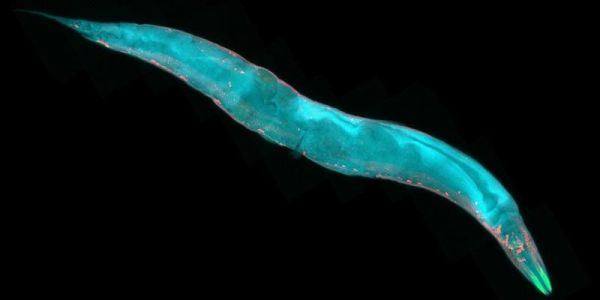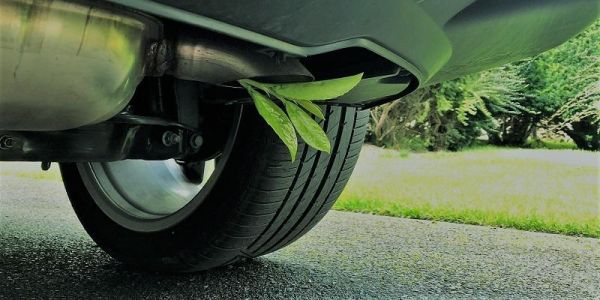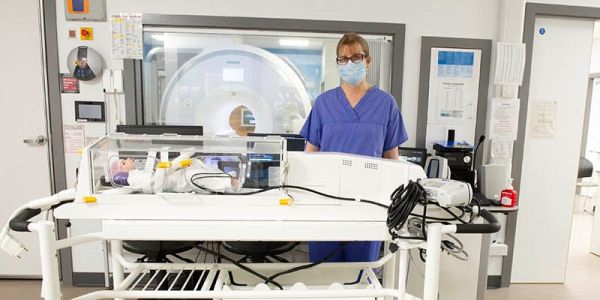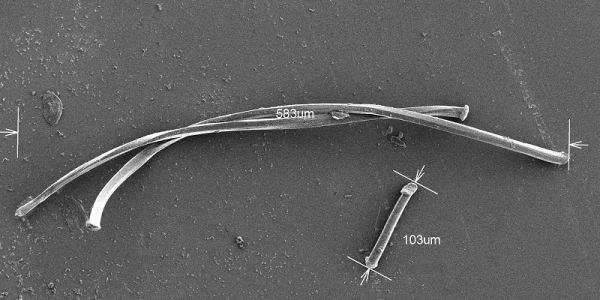
Taste cells can control a whole animal’s foraging
Neuroscientists have developed a computer model to explain how a nematode worm searches for food, revealing that single brain cells can both sense the environment and control foraging strategy.

Neuroscientists have developed a computer model to explain how a nematode worm searches for food, revealing that single brain cells can both sense the environment and control foraging strategy.

The Royal Society - the UK’s leading scientific academy - has awarded its prestigious Clifford Patterson Medal and Lecture to an academic who had to cut short her career after becoming terminally ill.

A simple electrical fan is the key component of a low-cost, easy-to-use breathing-support device designed to cope with the surge in COVID-19 cases in low to middle income countries.

Attitudes to earthen homes need to change to prevent millions of them being replaced by buildings made from more environmentally-damaging materials, scientists warn.

A new synthetic material that accelerates the removal of harmful nitrogen oxides and carbon monoxide from engine fumes is to be tested in a prototype catalytic converter.

Scientists at the University of Leeds have developed an approach that could help in the design of a new generation of synthetic biomaterials made from proteins.

Leeds is leading pioneering research into new technology for imaging babies with congenital heart disease (CHD).

People with long Covid could be monitored with the aid of a ground-breaking mobile phone app and clinical website.

A group of citizen scientists is being recruited to help investigate the scale of microplastic air pollution inside people’s homes.

Scientists are using weather forecasts to predict the location and scale of impending meningitis outbreaks in sub-Saharan Africa.